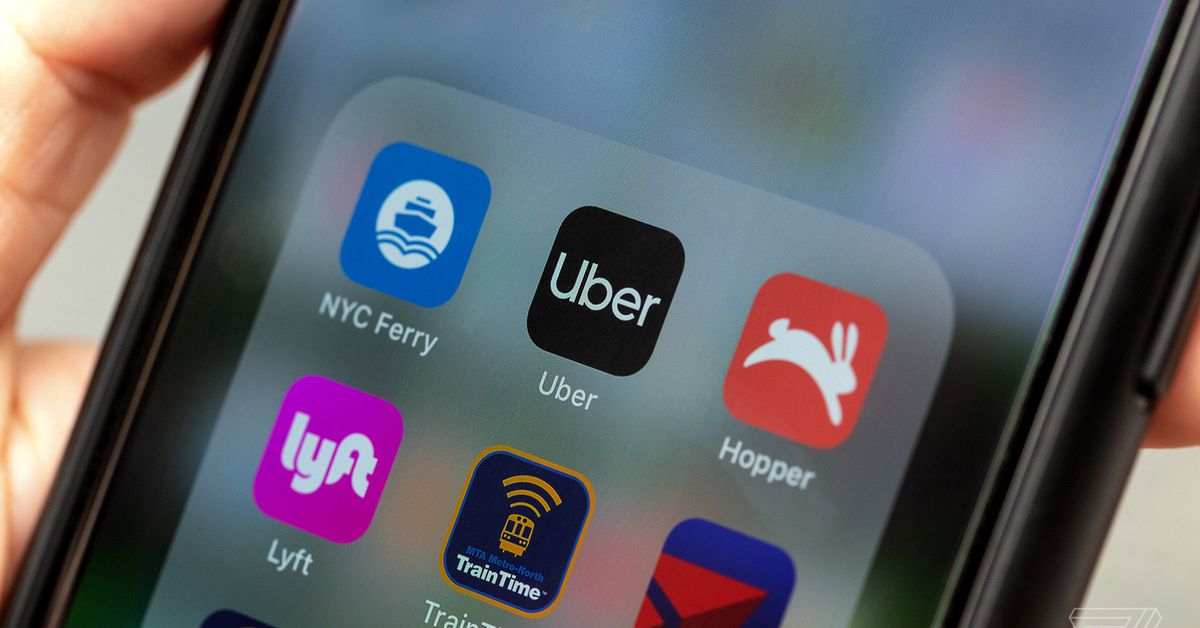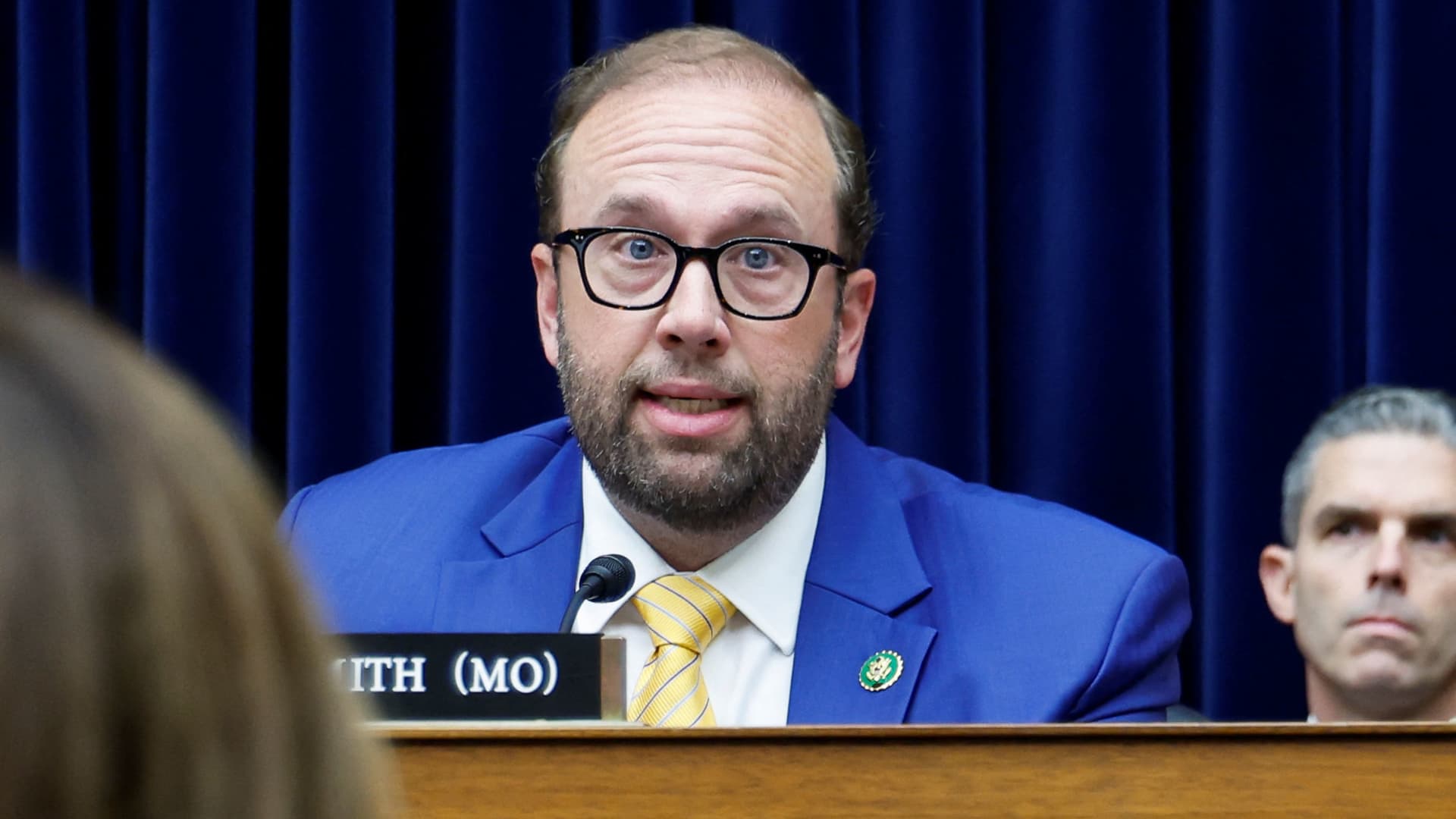Uber rides are getting safer, but the roads are deadlier than ever
Photo by Amelia Holowaty Krales / The VergeUber trips are getting safer, with the company reporting far fewer sexual assaults in 2019 and 2020 as compared to previous years. But the number of traffic deaths during Uber rides is...

Uber trips are getting safer, with the company reporting far fewer sexual assaults in 2019 and 2020 as compared to previous years. But the number of traffic deaths during Uber rides is rising, reflecting the increasingly dangerous conditions on US roads.
Uber said 3,824 sexual assaults occurred during trips in 2019 and 2020, a 38 percent drop from the 2017–2018 report, which logged 5,981 assaults. The decrease could be related to the COVID-19 pandemic, which resulted in an 80 percent drop in Uber’s ride-hailing business during 2020. Still, Uber says the vast majority of trips, 99.9 percent, occur without a safety incident.
Uber says that 20 people were killed in physical assaults in 2019 and 2020, an 18 percent increase compared to the last report. Among the deaths, 15 were riders and five were drivers. And, of the 15 rider fatalities, 12 were killed by a third party or another rider. (An Uber spokesperson did not respond to questions about the remaining three deaths.)
There were 101 traffic fatalities across Uber’s platform in 2019 and 2020, including 14 drivers and 19 riders. The remaining people killed were other vehicle occupants, motorcyclists, or pedestrians. Notably, there were 23 pedestrians and three bicyclists or scooter riders killed by Uber vehicles. The company uses the National Highway Traffic Safety Administration’s methodology and data standardization to assess vehicle crashes and fatalities.
Uber says that traffic fatalities per vehicle mile traveled increased 7 percent between the two reported timeframes but that the company’s fatality rate was still half the national average. More than half of the deaths were related to risky driving behaviors, such as drunk driving, lack of seat belts, or speeding, the company said. And 94 percent of the deaths were the result of a third-party driver.
Traffic deaths are skyrocketing across the country, with the government reporting that 2021 was the bloodiest year in decades. NHTSA projects that 42,915 people died in motor vehicle traffic crashes last year, a 10.5 percent increase from the 38,824 fatalities in 2020 and the highest number since 2005. Transportation Secretary Pete Buttigieg has called it a “crisis on America’s roadways.”
In a statement, Uber’s chief legal officer Tony West said that while Uber was getting safer, “behind every data point is a personal experience, and sometimes pain and loss, that must be acknowledged.” He also touted Uber’s commitment to being transparent about the incidents that occur in its vehicles.
“To be clear, disclosing our safety data doesn’t mean Uber’s platform is less safe—it means we’re being more honest about the rare safety incidents that do occur,” West said. “Most companies won’t talk about these tough issues, but pretending they don’t exist only leaves everyone less safe.”
Over the years, Uber has faced numerous lawsuits regarding assault that occurs on the platform. A woman from Washington, DC, sued the company in 2019 for negligence and consumer protection violations after she was sexually assaulted by a driver. A woman in India, who says she was raped by an Uber driver in 2014, sued Uber in 2017 following an Uber executive’s decision to illegally disclose parts of her medical records to other Uber employees, including then-CEO Travis Kalanick.
Uber and Lyft both conduct background checks and say passenger safety is their top priority. They also have largely attempted to tackle this issue through technology updates, like in-app “panic buttons,” which let riders instantly dial 911, or ways to report a driver for unsafe activity.
In 2021, the companies joined together to announce a “first-of-its-kind” effort to share information about drivers who were deactivated for committing serious offenses, including physical and sexual assault and murder. Drivers are classified as independent contractors, not employees, meaning they can — and frequently do — drive for both companies.
Lyft released its first safety report last year in which it said 10 people were killed in physical altercations and over 4,000 people were assaulted from 2017–2019.
The issue of safety during ride-sharing trips has caught the attention of Democrats in the US Senate, who wrote a letter to Uber CEO Dara Khosrowshahi last month requesting more information about worker safety on the job.

 Fransebas
Fransebas 






























